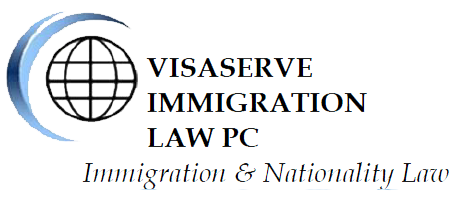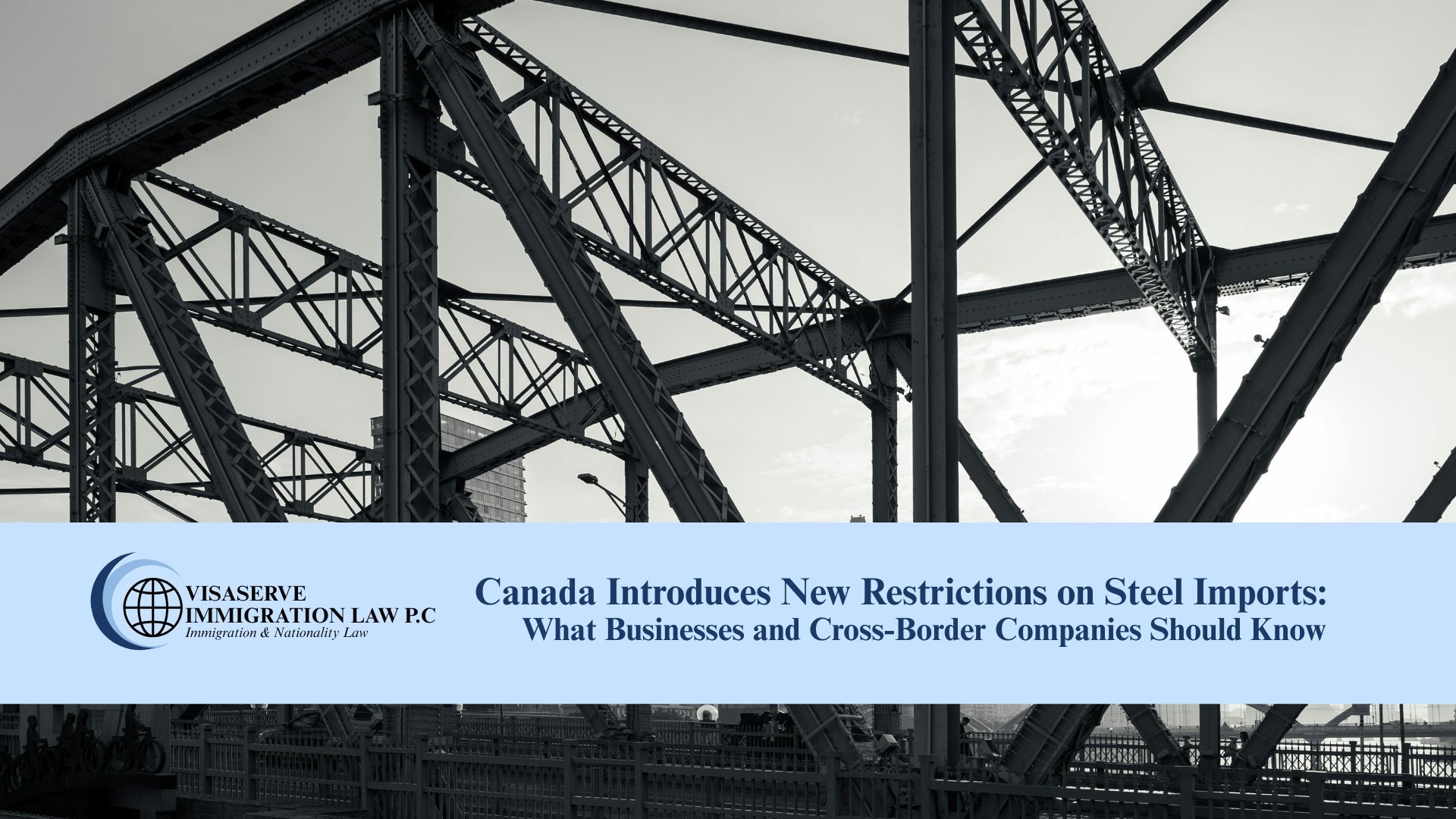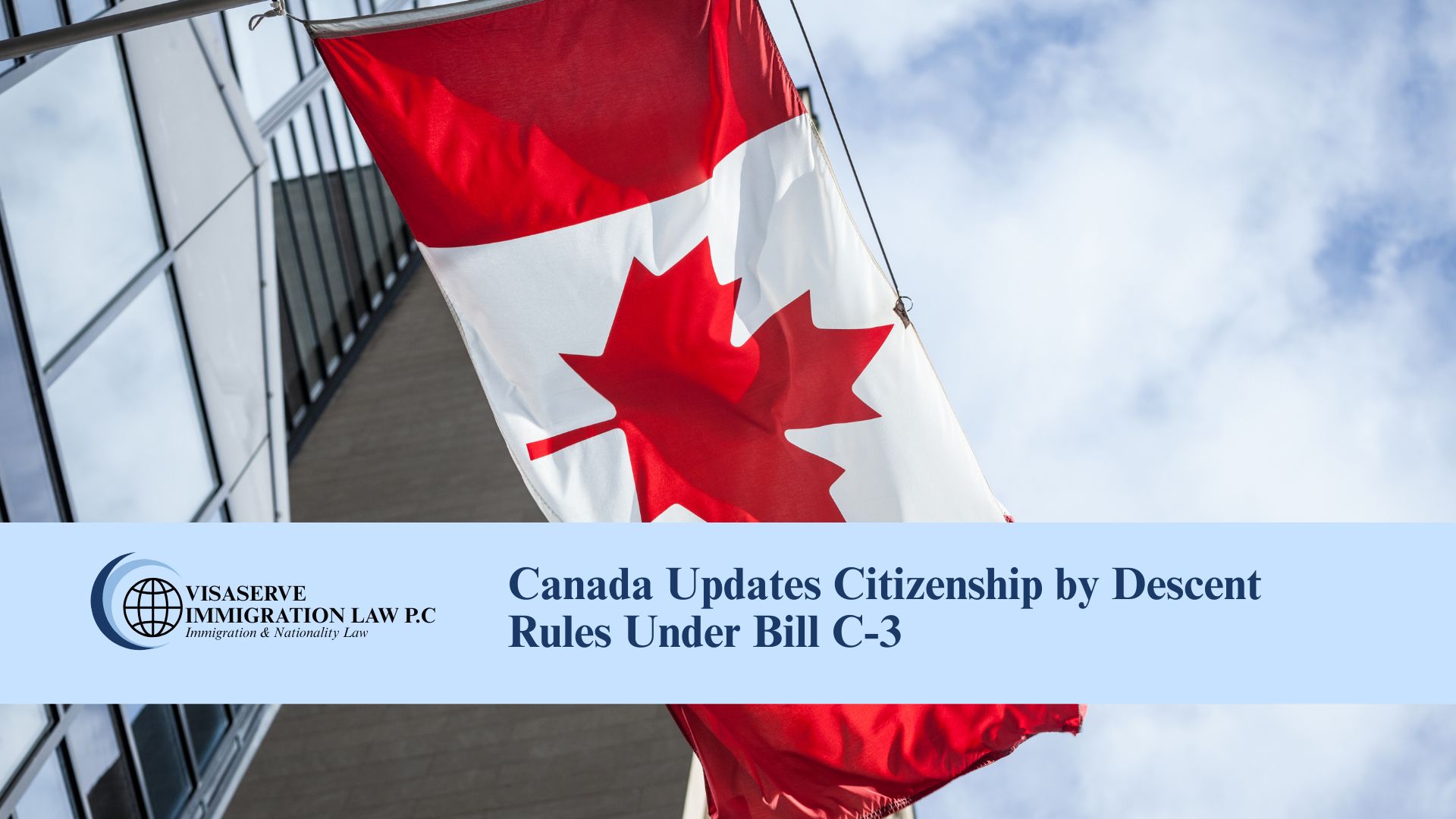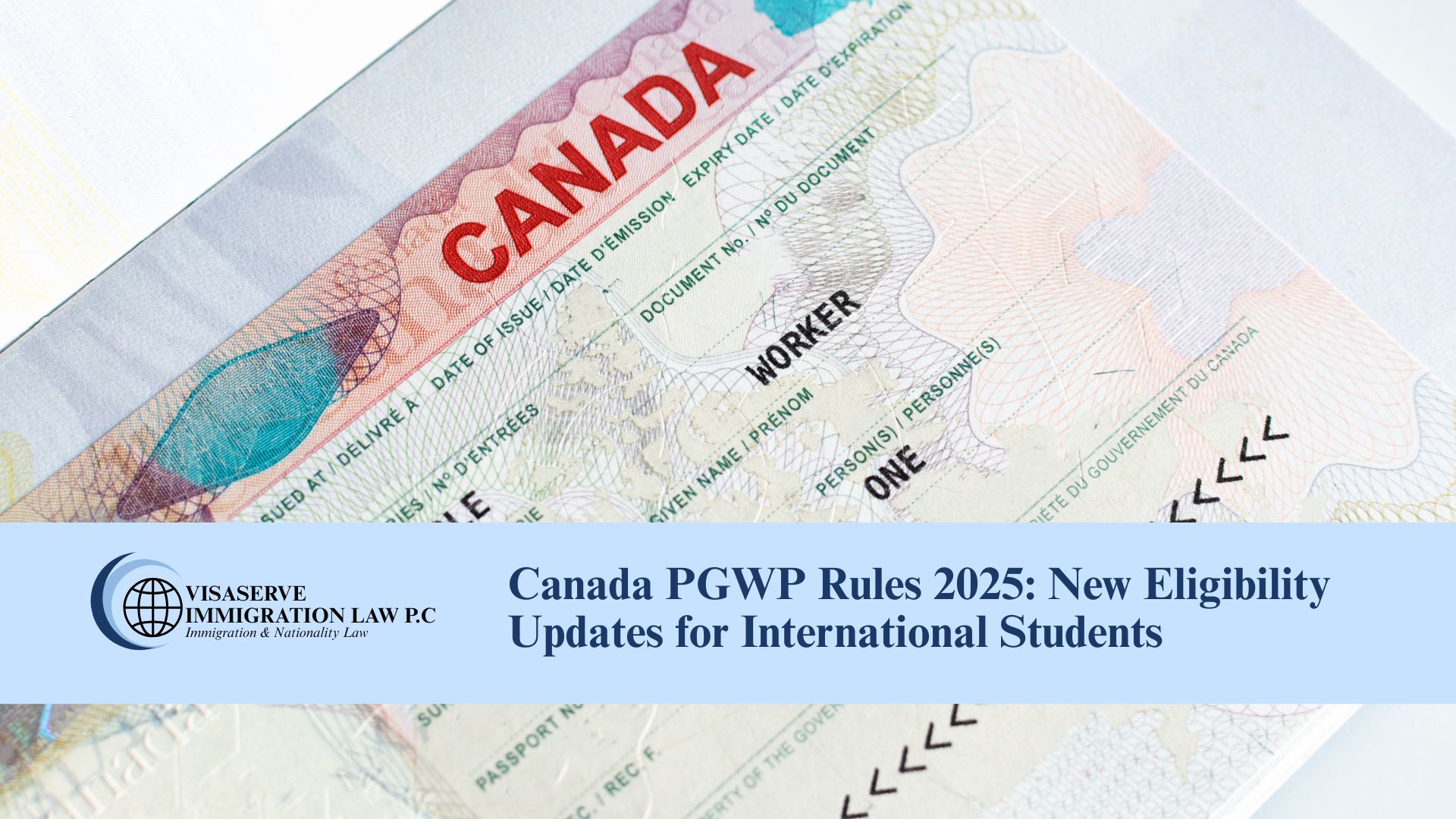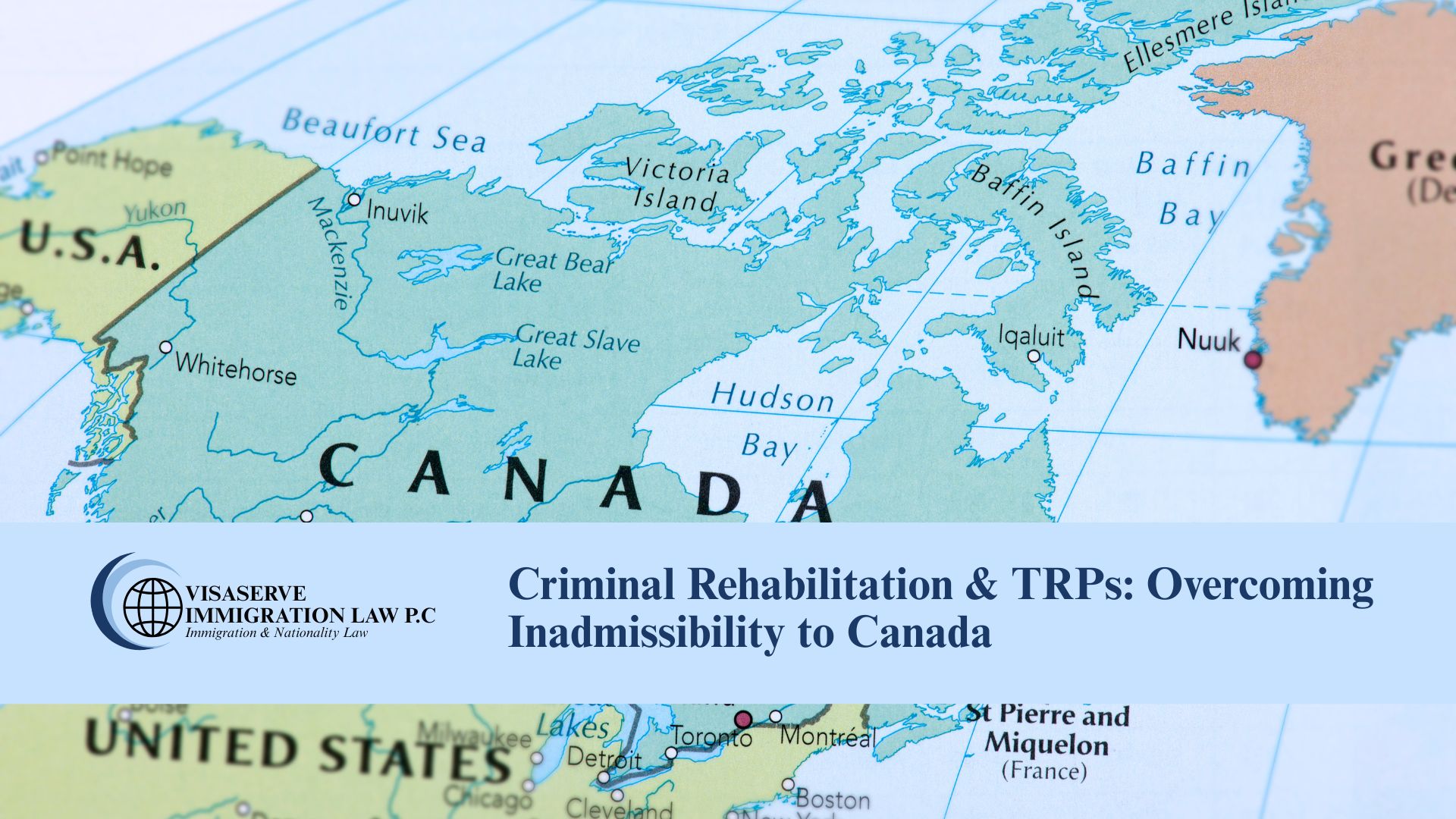For our clients who have successfully secured a work permit, or permanent residence, for Canada, the next question often is: “What can I bring with me when I go?” Here are some useful tips to facilitate your entry to Canada:
Before you Arrive in Canada:
• Prepare two copies of a list (preferably typewritten) of all the goods you intend to bring into Canada as part of your personal effects. Include the value, make, model, and serial number (when applicable).
• Divide the list into two sections. In the first, list the goods you are bringing with you; in the second, list the goods to follow. Goods that arrive later will only qualify for duty- and tax-free importation under your entitlement as a settler, if they are on your original list.
• To qualify for duty- and tax-free importation you must have owned, possessed, and used the goods before your arrival in Canada.
When you Arrive in Canada:
• You must give your list of goods to the border services officer at the first point of arrival in Canada. Based on the list of goods you submit, the officer will complete a Form B4, Personal Effects Accounting Document, for you, assign a file number to it and give you a copy of the completed form as a receipt. You will need to present your copy of the form to claim free importation of your unaccompanied goods when they arrive.
• You can make the process easier by filling out Form B4 in advance, Form B4 is available by selecting “Publications and forms” on the CBSA Web site.
Special Items:
• Vehicles: Before you purchase or import a vehicle, consult the publication called “Importing a Vehicle Into Canada” on the CBSA Web site. This is a difficult and costly process, and most people should carefully consider all alternatives before importing their vehicle into Canada. Sometimes, selling your car in your home country and buying a new one in Canada is the easiest way to do it.
• Jewellery: the value of jewellery is difficult to describe accurately, so it is best to use the wording from your insurance policy or jeweller’s appraisal and to include photographs that have been dated and signed by the jeweller or a gemologist.
• Gifts: If the gifts are under $60 it will be duty- and tax free. Tobacco & alcohol cannot be claimed as gifts.
• Tobacco products: limits:200 cigarettes; 50 cigars; 200 grams of manufactured tobacco; and 200 tobacco sticks.
• Alcoholic beverages: limits: 1.5 litres of wine; or a total of 1.14 litres of alcoholic beverages; or up to a maximum of 8.5 litres of beer or ale.
• Minimum ages for the importation of alcoholic beverages, as prescribed by provincial or territorial authorities, are 18 years for the provinces of Alberta, Manitoba and Quebec and 19 years for the remaining provinces and territories.
Restricted or Prohibited Items:
• firearms and weapons, explosives, fireworks and ammunition
• food, health products (prescription drugs), plant, animal products, and endangered species
• obscenity, child pornography, and hate propaganda
Other tips:
Remember never to travel with more than $10,000 in cash or monetary assets over the border without expressly declaring it to a border officer. In this day and age of internet banking, it is most easy to wire yourself money over the border. In fact, many banks now offer free self-to-self wires within the same institution (e.g. TD) between Canada and the US. They will even reimburse you the wire fee!
Please make sure to always consult a qualified immigration lawyer, preferably one with a customs and border sub-speciality, before you move to Canada. The CBSA website is also a good place to start: https://www.cbsa-asfc.gc.ca/noncan-eng.html.
